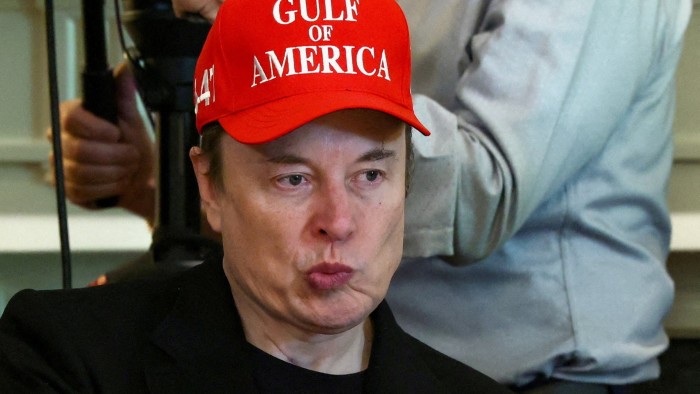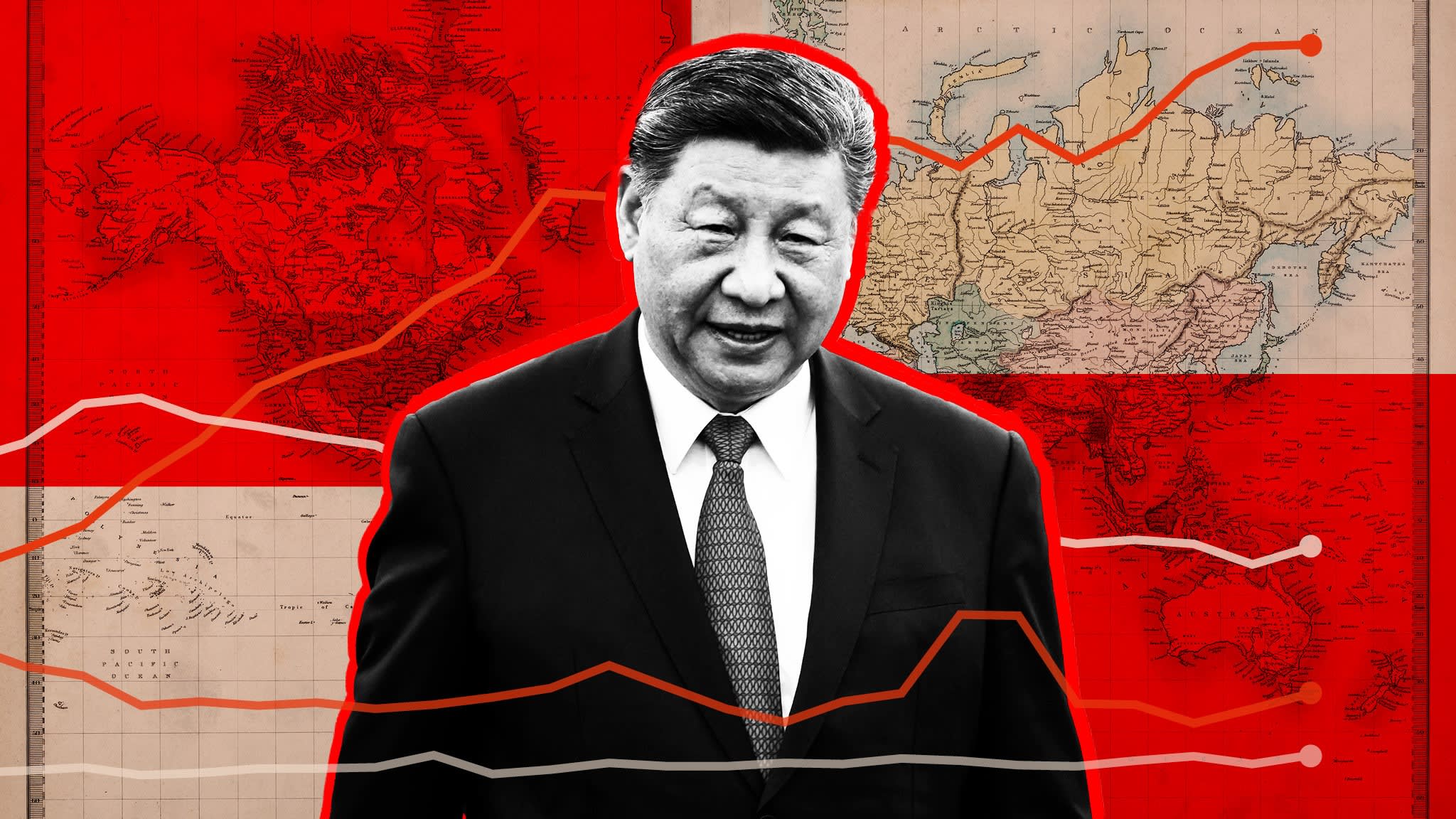Friedrich Merz fails in initial vote to become Germany’s chancellor

Stay informed with free updates
Simply sign up to the German politics myFT Digest — delivered directly to your inbox.
Friedrich Merz has failed to win a vote in the Bundestag to become Germany’s chancellor, in a shock setback that torpedoes his plans for his first week in office.
The 69-year-old Christian Democrat, who won elections in February and has teamed up with the Social Democrats to form a majority government, had been due to be sworn into office on Tuesday after what was expected to be a formality.
Merz needed 316 votes in the 630-member parliament. But he only secured 310 in the secret ballot, even though the coalition partners have 328 seats between them.
It is the first such defeat in the history of postwar Germany.
Analysts said that while Merz was ultimately still likely to get the votes he needs in parliament, Tuesday’s result risked weakening his prospective government even before it took office.
“This is a shock,” said Henning Meyer, professor at Tübingen university. “It’s never happened before at the federal level. Clearly, there are disgruntled people.”
European stocks weakened after the news, hitting session lows, with Germany’s Dax index down 1.3 per cent, and the broader Stoxx 600 index down 0.7 per cent.
In Tuesday’s vote, 307 Bundestag members opposed Merz, indicating that five members of his prospective coalition had switched sides, since the opposition has 302 votes.
Three Bundestag members abstained, while nine were absent and one vote was invalid.
Merz still requires an absolute majority of 316 in the next round of voting, which is due to take place later on Tuesday. For the time being, Olaf Scholz remains acting chancellor.
If Merz fails to win an absolute majority after 14 days, the bar for success will be lowered, requiring him to win more “Yes” than “No” votes in a final vote.
If he still fails to win sufficient backing, Germany’s Social Democratic President Frank-Walter Steinmeier can appoint another chancellor candidate or dissolve parliament.
Uwe Jun, a political scientist at Trier University, described Tuesday’s result as “a huge surprise”, adding that “clearly Merz has opponents in the coalition”.
His failure to be elected by the Bundestag strikes a severe blow to the CDU leader, who had planned to immediately set to work tackling the deep problems in Europe’s largest economy, which has suffered years of stagnation.
Merz had been due to travel to Paris on Wednesday to meet President Emmanuel Macron in what was intended to be a demonstration of his commitment to the Franco-German partnership.
“The whole of Europe looked to Berlin today in the hope that Germany would reassert itself as an anchor of stability and a pro-European powerhouse,” said Jana Puglierin, a senior policy fellow at the European Council on Foreign Relations. “That hope has been dashed. With consequences way beyond our borders.”
In an initial reaction to the vote, Alice Weidel, co-leader of the far-right Alternative for Germany, called for new elections, arguing that Merz’s unprecedented failure revealed the “shakiness of the foundation” of his prospective coalition.
Holger Schmieding, chief economist at Berenberg bank, said Tuesday’s upset was “a significant negative” for the German economy.
While he said Merz was still likely to get elected, he added: “This shows that the coalition is not united, which could weaken his ability to pursue policies.”
Merz has angered some within the more conservative wing of his CDU/CSU grouping by loosening the constitutional borrowing limit and embarking on a €1tn debt-fuelled spending programme to modernise the country’s military and its ageing infrastructure.
Lars Klingbeil, the Social Democrat co-leader who had been due to take office as vice-chancellor and finance minister, has also faced internal criticism after his party suffered its worst electoral defeat with just 16 per cent of the votes in February.
Additional reporting by Ian Smith in London
This article has been amended to correct its account of the voting procedure for Chancellor in subsequent rounds








